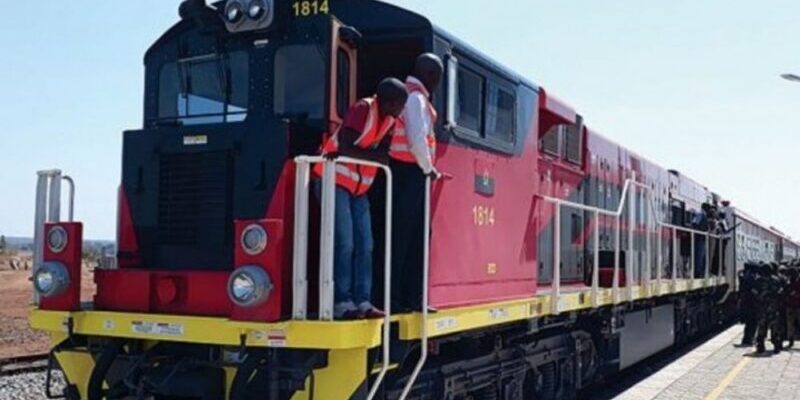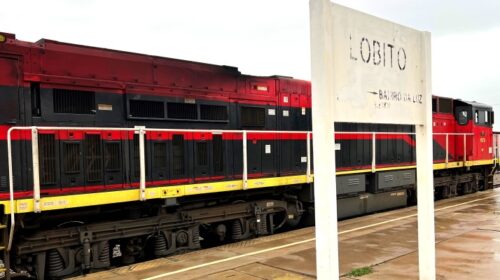Trafigura-Led Lobito Rail Upgrade Awaits Its First Users
African metal producers are reluctant to make long-term commitments to use a railway a Trafigura-led consortium plans to upgrade, four sources with knowledge of the matter said.
Known as Lobito Atlantic Railway, the consortium pitched the overhaul of the line, historically known as the Benguela Railway, that links resource-rich Democratic Republic of Congo (DRC) to the port of Lobito in Angola to bypass road congestion and avoid long delays on the copper and cobalt route.
So far only Ivanhoe Mines is known to have signed a non-binding agreement to use the Lobito railway for transporting copper concentrates.
The sources from major African miners, who could not be named because they were not authorized to speak to the press, said the deadline to make long-term commitments was September 1.
Harry Steward, chief commercial officer for the Lobito Atlantic Corridor, would not comment on whether the consortium had other commitments, but said the interest was good.
“We’re delighted by the strong expressions of interest from major mining companies that recognise the benefits of the new logistics route available to them,” he said in response to a request for comment.
“We are running a fair and open process, prioritizing the companies that are prepared to confirm volumes over a longer time period. Initial operations will commence in Q4 this year, with the first full year of operation in 2024.”
The consortium aims to invest $555-million in the revamp – $455-million in Angola and $100-million in DRC.
About $250-million of that may come from the U.S. International Development Finance Corporation, which said in May it was carrying out due diligence on potential financing. It has not made any public comment since and could not immediately be contacted on Friday.
Commodity trader Trafigura and its partners will provide some of the funding, with the remainder expected to come from banks.
Trafigura declined to comment and it was not possible to establish the exact financial amount it might contribute.
NO VISIBLE PROGRESS
The consortium has said the upgraded railway should be able to carry 1.7-million tonnes of metal annually from 2028, much of it to be used in the world’s energy transition from fossil fuels and towards electric vehicles.
Awarded the contract in July 2022, the Lobito consortium in August gave miners a Sept. 1 deadline to sign up to the rail link for up to 10 years, the sources said, adding they could not commit as there was no visible progress so far on the upgrading of the line.
DRC and Zambia are the top copper producers in Africa, accounting for 2.3-million tonnes of metal and 797,000 tonnes respectively in 2022, consultancy the International Copper Study Group said.
Congo is the world’s largest producer of cobalt used in electric vehicle batteries. Copper is widely used in the power and construction industries.
Among the miners approached by the consortium to use the link is rival Glencore, which owns major copper and cobalt assets in Africa. It has been asked to supply essentials such as locomotives and wagons, two of the sources said.
Before the concession was awarded the contract to manage the Lobito railway in July, the link with nearly 1,300 km (807.78 miles) of track in Angola used to transport freight was managed by the Angolan government. About 400 km of the track in DRC is run by the state rail operator.
The project is also looking at the potential extension of the line into Zambia, but a third source with direct knowledge expressed concern about cross border clearance and rail security.
“Moving metals from Zambia to DRC and then through Angola may create issues like border crossing delays (and extra costs),” the third source said.
Trafigura has a 49.5% share in the consortium, as does Portuguese construction firm Mota-Engil Engenharia e Construcao Africa. African railway operator Vecturis SA holds the remaining 1%.
53 total views , 1 views today





